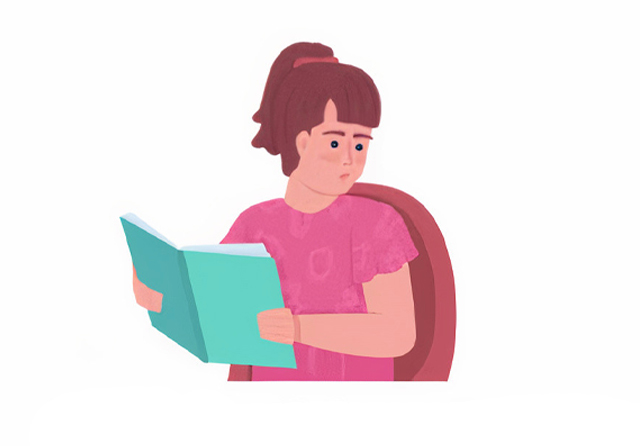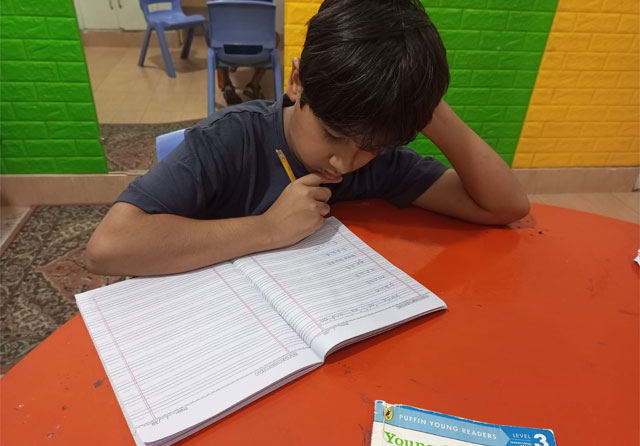Stigma and effects of diagnosis on parents
Stigmatisation is considered one of the major problems faced by parents with autistic children, stigma has the potential to not only affect the child, but extends to their family members as well. Scholarly research shows that stigmatisation is commonly faced amongst autistic people and their […]






